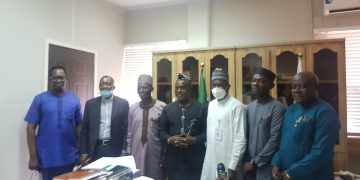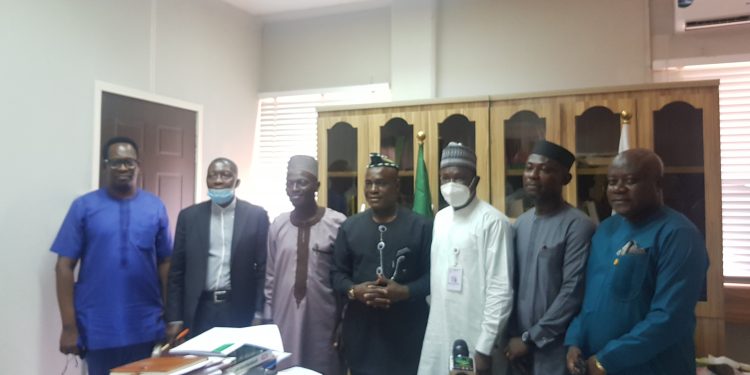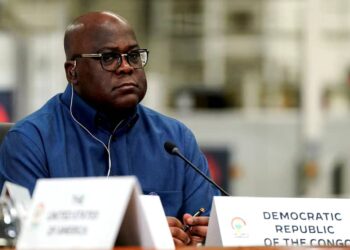The Federal Government has taken steps to integrate Artisanal and Modular Refiners into legally refining petroleum products in the country.
This was disclosed on Tuesday in Abuja by the Senior Special Assistant to the President on Niger Delta Affairs, Senator Ita Enang at a media briefing.
He said a joint team of the Ministry of Finance, Budget and National Planning and the Presidency would be holding a two-day National Summit on the Integration of Artisanal/Modular Petroleum Refinery Operations in Nigeria, next week Tuesday and Wednesday.
According to Enang, “the essence of this conference is to mobilise all Nigerian assets including technology, engineers, intellectuals of all discipline and all the persons who have been operating, handling and producing petroleum at the creeks which is damaging our environment or those we call illegal petroleum operators”.
“As the cost of crude goes higher, the cost of petroleum goes higher and if we refine these products in Nigeria, the cost would be very low and the intent of this conference is to mobilise these resources so that we can bring the price of these refined products down to N100 and it is possible.
“Now what are the elements that make up for the cost of refined products? It’s the cost of producing the product here, sending it abroad, the cost of the vessel, the cost of demurrage arising, payment of tax in both countries, port charges of these countries where it is refined in and the labour of these countries, without forgetting the payment made on port and customs when it arrives in Nigeria,” he added.
He noted further that “the conference is not for the purpose of legitimizing illegal refineries” rather, “it is for the purpose of bringing them together, showing them technology and showing them to the legal legitimate refining process to stop all illegalities that have been happening in the sector”.
“The citizens working there are earning a living and the Nigerian government is spending so much on the Nigerian security systems to protect the pipelines. If we integrate these persons into our process, bring them on board, give them assignment, perhaps create paths for them, we will be surely be able to protect our water waves, protect the environment, create employment for our citizens, increase local producing capacity, bring down the prices of refined petroleum products and generally protect our economy,” Enang explained.



































